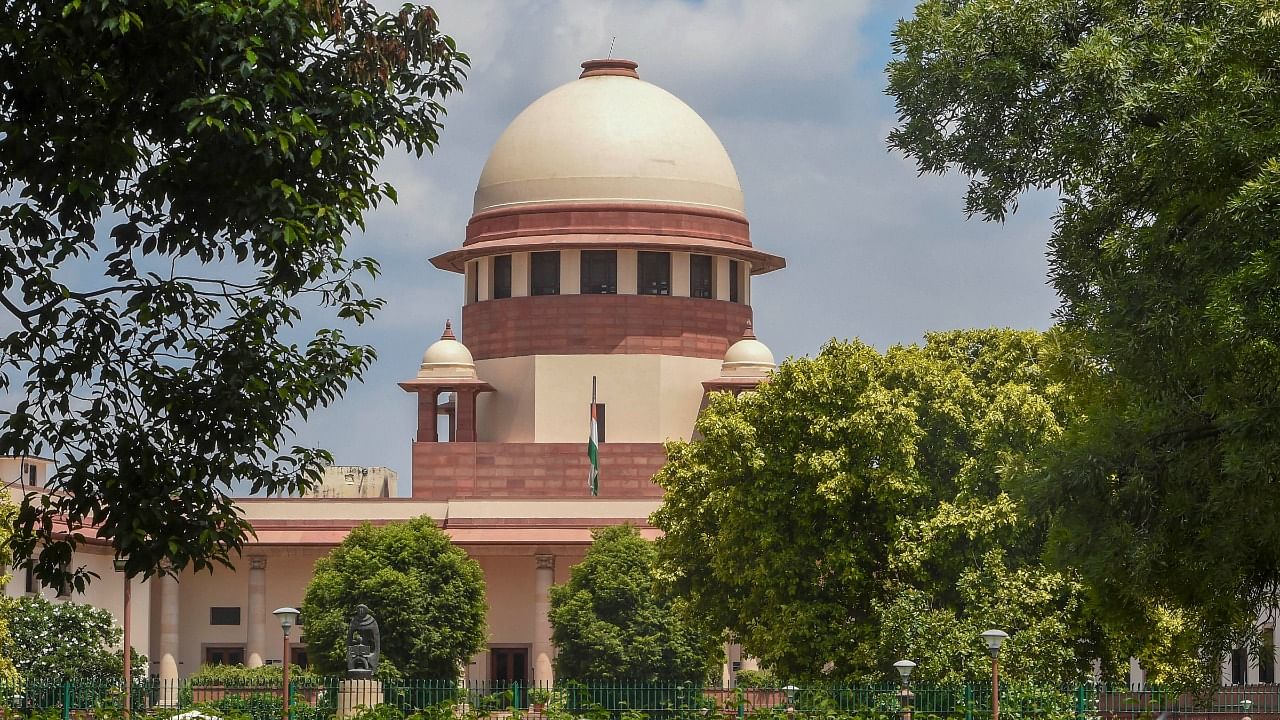
The Supreme Court on Monday brought down the curtains on a nearly two-decade-long bitter legal battle between a Tamil Nadu couple, who never lived together for a single day.
Granting a decree of divorce on the husband's plea, the top court noted the wife resorted to mental cruelty - insulting the husband at his work place, filing complaints to ensure he loses his job, and continuing legal proceedings against him.
A bench of Justices Sanjay Kishan Kaul and Hrishikesh Roy noted the conduct of the wife shows disintegration of marital unity and thus, disintegration of the marriage.
"In fact, there was no initial integration itself which would allow disintegration afterward. The fact that there have been continued allegations and litigative proceedings and that can amount to cruelty is an aspect taken note of by this court," it said.
Justice Kaul, authoring the judgment on behalf of the bench, said: "This is one case where both the ground of irretrievable breakdown of marriage and the ground of cruelty on account of subsequent facts would favour the grant of decree of divorce in favour of the appellant (husband)".
The bench noted there were several episodes of harassment, where the wife insulted the husband, who is an assistant professor, in front of students and other professors. She was stated to have threatened the husband of physical harm in front of his colleagues and also threatened his employer of a criminal complaint.
The couple got married in 2002 and the marriage was never consummated. In March 2008, the trial court granted decree of divorce on the ground of irretrievable breakdown of marriage. Within six days of the order, the husband re-married.
At this, the first wife filed an appeal, where the court set aside the decree of divorce while allowing the petition for restitution of conjugal right. In 2018, the high court restored the decree of divorce granted by the trial court. The woman filed a review petition on the ground that it was not within the jurisdiction of the high court or the trial court to grant a decree of divorce on the ground of irretrievable breakdown of marriage, and this was allowed in February 2019.
The husband moved the top court assailing this order.
The top court noted that the wife sought disciplinary proceedings against husband on account of the second marriage despite the fact that the second marriage took place soon after the decree of divorce.
"Thus, she sought to somehow ensure that the appellant loses his job. Filing of such complaints seeking removal of one's spouse from job has been opined as amounting to mental cruelty," it said.
The bench noted in view of the legal position, the continuing acts of the wife would amount to cruelty even if the same had not arisen as a cause prior to the institution of the petition, as was found by the trial court.
"We are, thus, of the view that a decree of divorce dissolving the marriage between the parties be passed not only in exercise of powers under Article 142 of the Constitution of India on account of irretrievable breakdown of marriage, but also on account of cruelty under Section 13(1)(i-a) of the (Hindu Marriage) Act in light of the subsequent conduct of the respondent during the pendency of judicial proceedings at various stages," it said.
"The decree of divorce is, accordingly, passed. Marriage stands dissolved," it ruled.
Check out latest DH videos